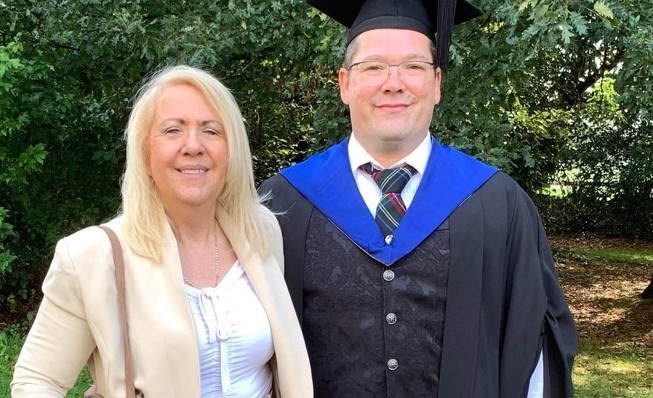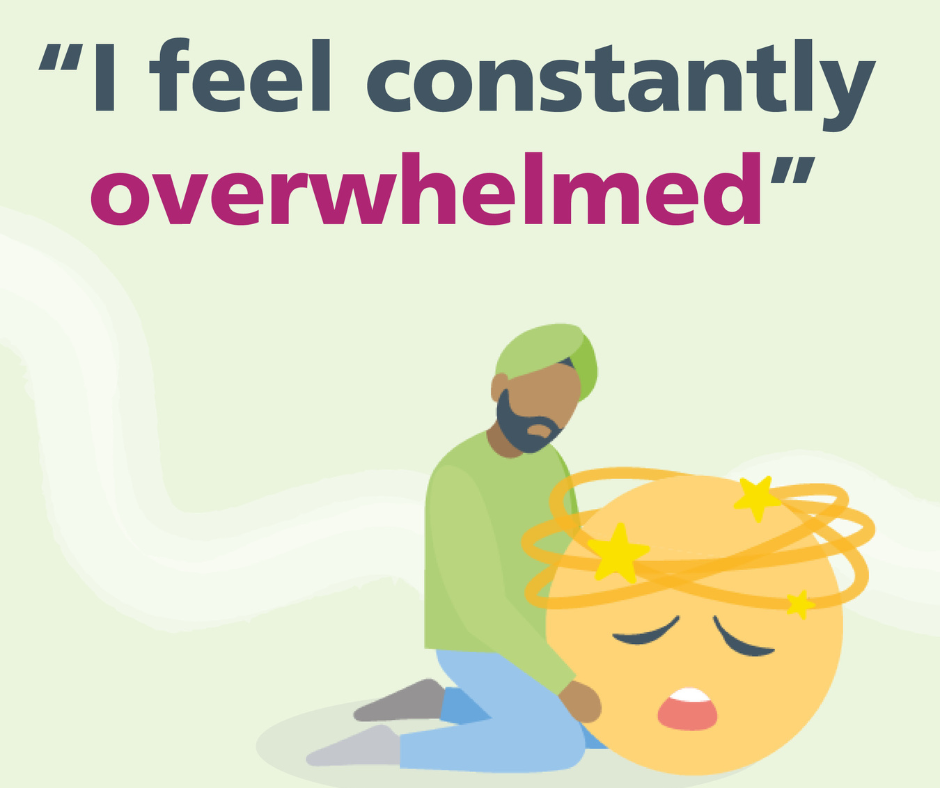
The NHS at 75 - from cradle to grave
Dinesh Bhugra CBE is Emeritus Professor of Mental Health and Cultural Diversity at the Institute of Psychiatry at King's College London, honorary consultant psychiatrist at the South London and Maudsley NHS Foundation Trust and non-executive director at Sussex Partnership NHS Trust.
He has written a book 'Conversations about the NHS' to mark NHS 75. This will be published at the end of the month. Here his blog talks about the history, advances and challenges involved with the NHS.
75 years of the NHS, where next?
When I was growing up in north India more years ago than I care to remember, I recall my father mentioning an incident which may have subconsciously pushed me into studying medicine. I must have been about eight years old and like most children in India at that time, I developed some infection. My father took me to see ‘our’ doctor who after examining me dispensed the medication and asked for his fees. My father was short of money by 25 p ( less than a penny at today’s exchange rate). The doctor said to him to leave the medicine and come back and collect it when he had the full amount.
When I arrived in the UK in late 1970s and applied for my first job I had an induction period and discovered that patients did not need to pay fees but only prescription costs. It was a major revelation. Having spent more than 30 years in the NHS, from training to an honorary consultant with academic responsibilities, the virtues were very clear and self-evident. I still remember patients in asylums who were prescribed a can of Guinness with their evening meals and recall the introduction of managerialism. Over the years so-called reforms in the NHS have created more barriers for patients to traverse and clinicians to overcome.
As the NHS gets ready to celebrate its 75th birthday, challenges remain. There is little doubt that most people most of the time see the NHS as an institution - always there for them - but also take it for granted. The strikes and strife by ambulance workers, nurses, physiotherapists, doctors and other NHS staff have brought home the fact that we cannot and must not take the institution for granted.
So, what is needed?
I invited 20 people to participate in interviews to explore their views about challenges faced by the NHS and potential solutions. This is not a prescription but sharing of ideas to see what is needed. Everyone recognises that the NHS is not what it was in 1948, medicine has changed and society has changed. Patient expectations have changed as have professional expectations of technology and patients we work with. The NHS turning 75 is a true milestone and it felt right to ask people who have spent large parts of their working lives in the NHS to seek their views and learn from their experiences. I am truly grateful to those who agreed to participate and share their thoughts. In some ways, therefore, this is a self-selected group. They come from clinical and non-clinical backgrounds. They are politicians, policymakers, journalists, patient representatives. The views are their own.
All the contributors were clear that the NHS is a unique achievement and is sorely needed to ensure that anybody who needs can get the healthcare and help they need without worrying about ability to pay. There was a broad consensus that health and social care need closer integration. Public health and health, primary and secondary care and physical and mental healthcare need to move closer together so that patient needs are met readily and easily. All my basic training in psychiatry was in asylums and these institutions filled a function but rightly are gone.
Community care gave way to home treatment and care but we do still need beds for true ’asylum’ for people who need it. Forty years ago people did not talk about mental illness in the family. Now celebrities, political leaders and opinion leaders are keen to talk about their personal experience of different mental illnesses, but if the healthcare system cannot deliver the care it is likely to lead to more stigma.
Working across specialities and with public mental health, looking at mental health in schools, in workplace and other opportunities will not only destigmatise mental illnesses but will also make people aware of what is needed and what they need to do to maintain good mental health.
The NHS is one of the proudest achievements of the welfare state. From cradle to grave, from physical to mental health, it has been a victim of its own success. The expected age of living has increased and more people are living with multiple complex comorbid conditions. Delivery of healthcare has changed immeasurably with increased use of tele-health and e-health as well as AI. We need to include these in training and delivery of care.
Health cannot, and should not, be seen in a silo. It must be linked with education, employment, housing and justice. This linked approach must be at the heart of mental healthcare delivery-working with patients, their carers, communities, religious leaders, teachers and other stakeholders.
Of various suggestions made, the key is Psychiatry’s social contract with society as to what is expected from mental health workforce and what we expect from our patients and their carers and families, and what these two groups expect from the government in terms of funding and resources. Health is a fundamental right but it also carries certain responsibilities that each of us has not only towards ourselves but also towards others.
One clear unstated message from the book is that resources are needed and unless and until we reformulate patient expectations, NHS is in danger of disappearing in its present form. Yes, it will remain but may well be a shell of its own. It is always easy to remember and miss things once we have lost them, it is tough to look after them and make sure that they are not lost and that is what we need to do for the NHS.
Please click here for more information on NHS 75.
































